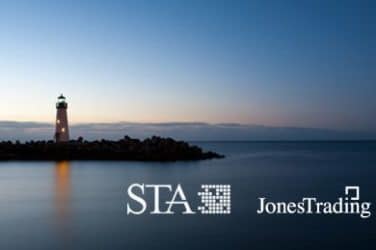
Recipients of US government funding from a few years ago remain subject to closer regulatory oversight.
The Dodd-Frank Act includes the so-called ‘Hotel California’ provision that requires financial institutions that accessed the Troubled Asset Relief Program (TARP) and had $50 billion in assets or more on Jan. 1, 2010, to be regulated by the Federal Reserve, even if they dissolve their bank holding companies. Bank of America Merrill Lynch, Goldman Sachs, and Citigroup either declined to comment on the issue or didn’t respond to inquiries.
“For a lot of firms, divesting their bank affiliates is not an option,” said Hardy Callcott, a partner at Bingham McCutchen. “They can’t disentangle from their banks and will have to follow these rules.”
Unlike firms such as Wedbush that are not ensnared in post-TARP Fed oversight, or pure broker-dealer like Jefferies & Co. that never had a bank affiliate, those financial institutions will be bound by the restrictions that emerge from the Volcker Rule when it is finally approved. And if the law of the land is tough, many of the biggest financial institutions will end up seeing traditional Wall Street business, such as market making and facilitating institutional clients’ orders, dramatically change shape and perhaps disappear.
The Bulge-Bracket firms may well see their roles as major liquidity providers, especially in the vast and largely unstructured fixed-income market, greatly diminish. In turn, that could undermine their corporate clients’ ability to raise capital in the debt markets and also complicate institutions’ investment strategies.
One of the biggest challenges of the Volcker proposal is its presumption of proprietary trading. Brad Hintz, an analyst covering securities and asset management companies at Sanford C. Bernstein, said the regulations almost have a “Napoleonic code” tone, since they presume a regulatory violation if a trading desk retains risk or inventory in excess of the amount needed to support client market making.
In an Oct. 12 presentation to institutional clients, Hintz listed six areas in the proposal that in the absence of explanatory facts and circumstances, a trading unit will be considered proprietary. Those areas include retaining risk in excess of the size required to provide intermediation services; demonstrating high earnings volatility or inconsistent profitability; and retaining inventory in excess of near-term customer demands.





